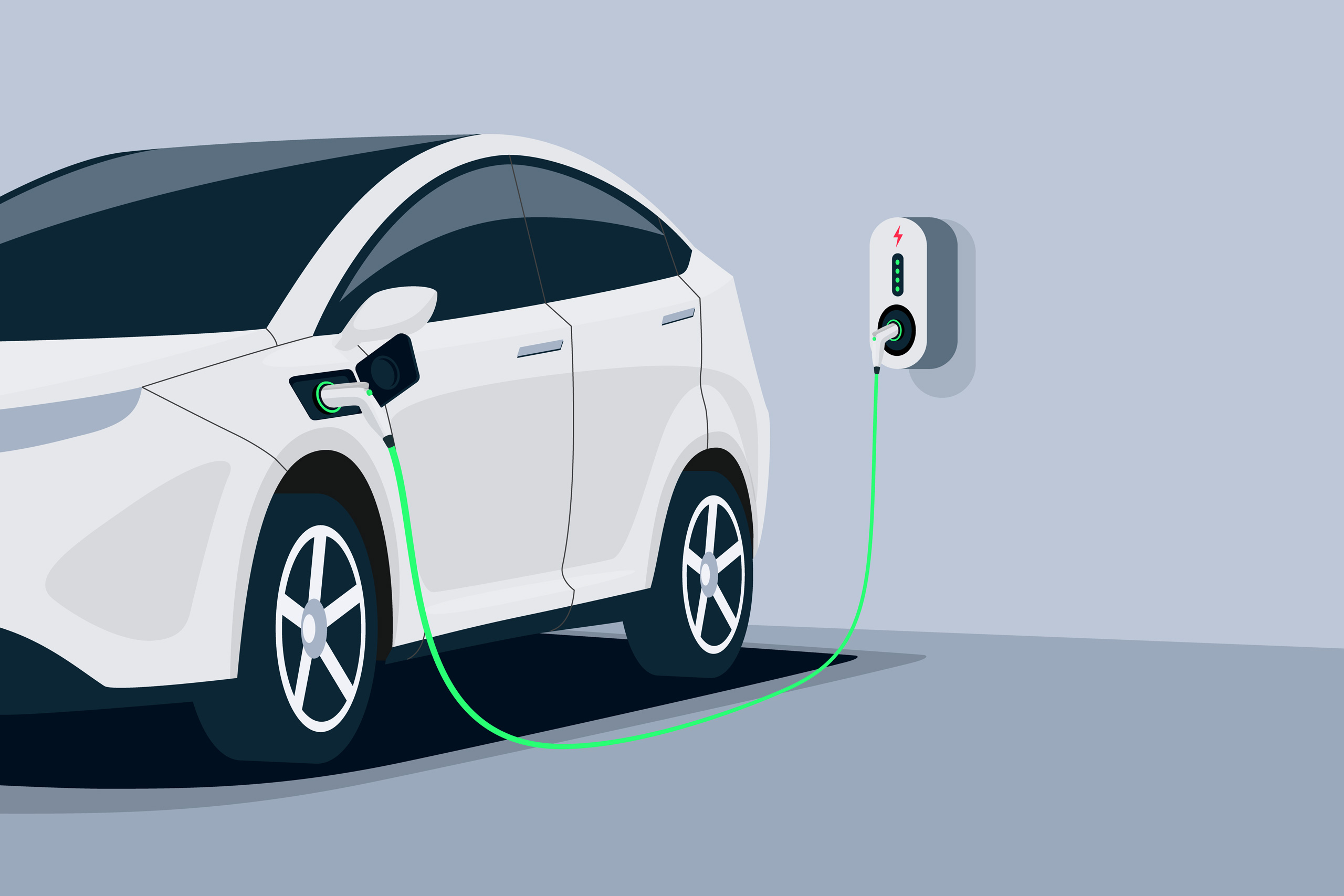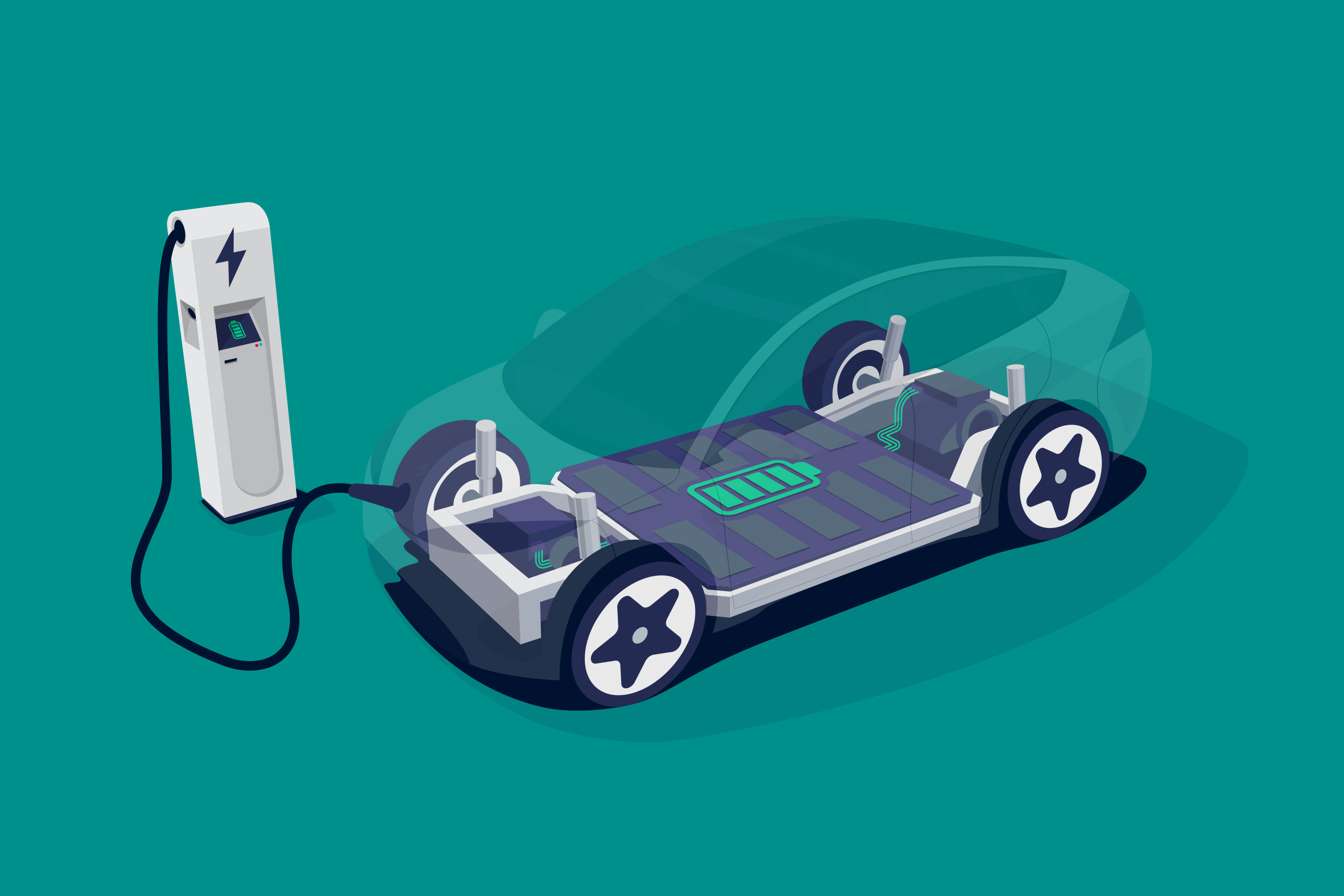It is great to see the final piece in the puzzle being fitted. Electric cars need batteries, but the world does not have enough cobalt to make them, and anyway the embedded energy involved in the process makes break even on a new electric car somewhere over 15 years against simply driving your old petrol car for longer.
Part of the answer, obviously, is to be much smarter with the way we recycle batteries. A few years ago people were suggesting using them for a few years in houses as energy storage before binning them, so as to get more value from them, but the scale of demand for electric cars is leading to better ideas, with universities collaborating with business to carry out the research on how best to make it happen.
Here is an example from Austria:
Austria-based European Lithium Ltd. says its operating arm and 100 percent-owned subsidiary ECM Lithium AT GmbH has “become the industrial partner for a research project developing closed loop recycling for lithium-ion batteries, managed by a research group at the University of Graz in Austria.”
European Lithium is in what it calls the final stages of a resource extension drilling program at its Wolfsberg Lithium Project near that Austrian town, entailing “the finalization of the definitive feasibility study, which includes the metallurgical analysis of the proposed production process.”
The company, via that project, says it “aims to be the first operational European producer of lithium products for supply to the domestic battery market.” European Lithium adds, “To meet estimated demand for battery grade lithium in the future, and meet the need for sustainable green operations, it is crucial to ensure that electric vehicle (EV) batteries are recycled.”
Adds the company, “There is a logical connection between recycling and mining in the form of closed loop recycling.”








